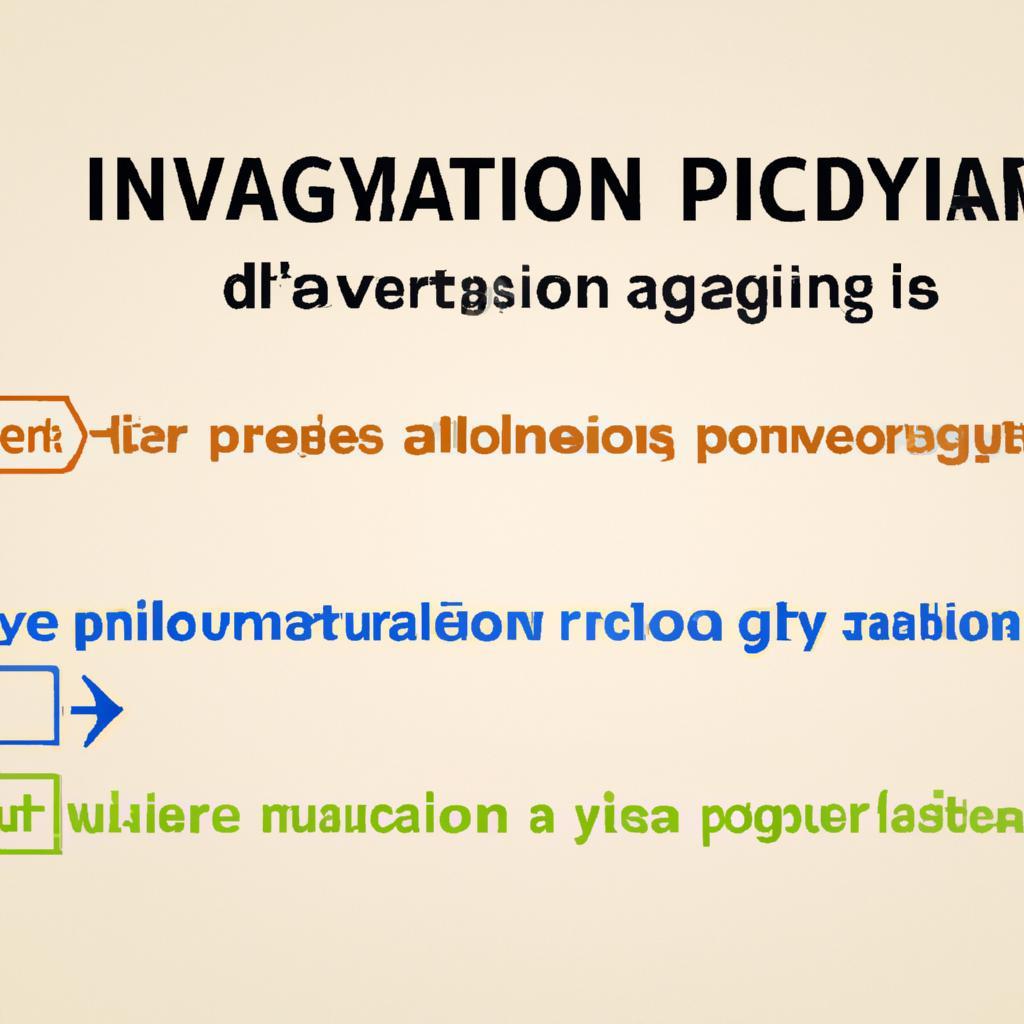In a world where pixels dance and stories unfold with the click of a button, video games have emerged as a modern playground for children, inviting them to explore vibrant realms and embark on epic adventures. Yet, as the boundaries between the virtual and real blur, parents find themselves standing at a crossroads, seeking to understand the intricate tapestry of video game effects on their children. How do these digital experiences shape young minds—fueling creativity, fostering social skills, or, conversely, igniting concerns about aggression and isolation? This article delves into the multifaceted impacts of video gaming, offering insights and guidance for parents striving to navigate this digital landscape. By examining the benefits and potential pitfalls of gameplay, we aim to equip families with the knowledge and strategies necessary to ensure that playtime is not just another task on the to-do list, but a meaningful and enriching part of childhood development. Join us as we embark on a journey through the vibrant world of video games, understanding what lies beneath the surface of every screen and how intentional parental guidance can transform play into a powerful tool for growth.
Exploring the Impact of Video Games on Child Development and Well-Being
As video games become an integral part of children’s leisure activities, their influence on development and emotional health merits closer examination. On one hand, video games can foster essential skills and social connections, such as:
- Cognitive Development: Certain games challenge problem-solving abilities and enhance hand-eye coordination.
- Social Interaction: Multiplayer formats encourage teamwork and communication, often forming friendships beyond geographical barriers.
- Emotional Resilience: Experiencing setbacks in games can teach children how to cope with failure and persistence.
Conversely, excessive gaming can lead to detrimental outcomes, including:
- Social Isolation: Extended screen time may replace face-to-face interactions, leading to loneliness.
- Behavioral Issues: Some studies suggest a correlation between violent games and aggressive behavior.
- Imbalanced Lifestyle: Heavy gaming can contribute to a sedentary lifestyle, affecting physical health.
To navigate these complexities, parents can implement strategies that encourage positive engagement while mitigating potential risks. This dual approach not only fosters healthy gaming habits but also promotes balanced development.

Essential Parental Strategies for Guiding Healthy Gaming Habits
Establishing healthy gaming habits requires a proactive approach from parents, focusing on open communication and consistent boundaries. **Engage in discussions** about the games your children want to play, exploring their content and themes together. This not only aids in understanding what interests your child, but also opens avenues for conversations around violence, teamwork, and ethics in gaming. Maintaining a **consistent schedule** ensures that gaming does not infringe on essential activities like homework, chores, and family time. Consider the following strategies:
- Set Time Limits: Implement daily or weekly gaming limits to ensure balanced play.
- Encourage Cooperative Play: Promote games that encourage teamwork and social interaction with friends or family.
- Monitor Game Content: Research games beforehand to ensure they align with your family’s values.
- Lead by Example: Model healthy gaming behavior by managing your own screen time wisely.
Additionally, creating a structured environment can help monitor gaming activity. A simple chart can assist in tracking time spent gaming:
| Day | Hours Played | Game Title |
|---|---|---|
| Monday | 2 | Adventure Quest |
| Wednesday | 1.5 | Space Raiders |
| Friday | 3 | Race to Glory |
Through these strategies, parents can foster an environment that encourages healthy gaming habits, ultimately enhancing the gaming experience while ensuring it remains a positive influence in their children’s lives.
Insights and Conclusions
As we conclude our exploration of the intricate relationship between video games and childhood development, it’s clear that the digital playground offers both opportunities and challenges. Understanding the effects of gaming on children requires a nuanced approach—one that embraces the creativity and critical thinking these interactive experiences can foster, while also remaining vigilant about potential pitfalls.
Parents stand at the crossroads of this vibrant landscape, equipped with tools and strategies to guide their children through the vast array of gaming options available. By engaging in open discussions, setting appropriate boundaries, and demonstrating balanced gaming habits, caregivers can empower their children to make informed choices that enrich their overall growth.
In this evolving dialogue between play and development, it is essential to remain adaptable and aware. The world of video games is not merely a distraction; it is a powerful medium that can shape the future of our children. As guardians of their experiences, let us navigate this terrain thoughtfully, turning every level in their gaming journey into an opportunity for connection, learning, and growth. The path may be complex, but together, we can ensure that play enhances the lives of our children, both in the virtual realm and beyond.


